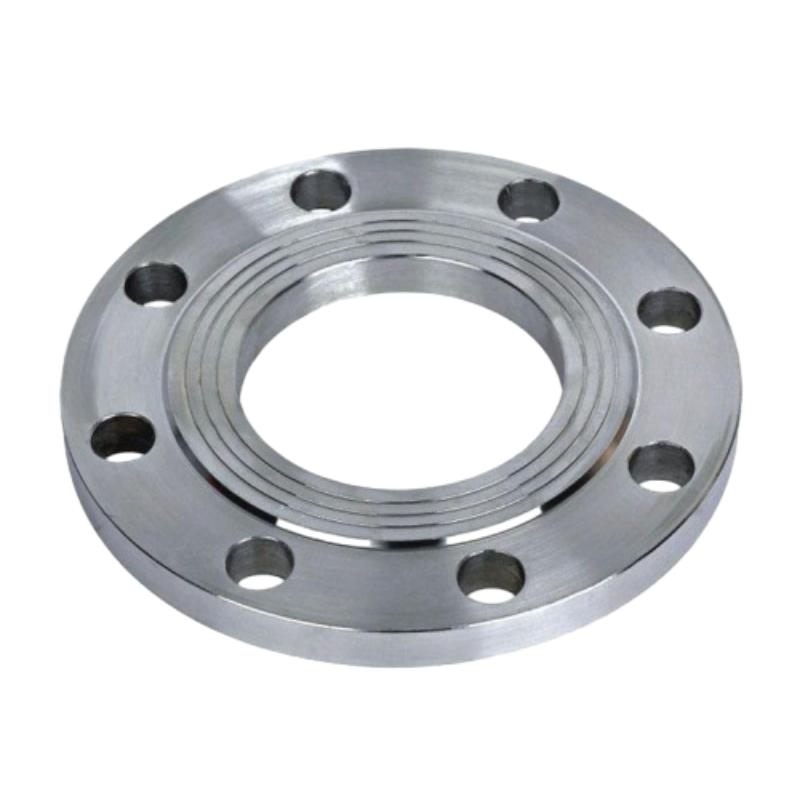-
Cangzhou Yulong Steel Co., Ltd.
-
Phone:
+86 13303177267 -
Email:
admin@ylsteelfittings.com
- English
- Arabic
- Italian
- Spanish
- Portuguese
- German
- kazakh
- Persian
- Greek
- French
- Russian
- Polish
- Thai
- Indonesian
- Vietnamese
- Zulu
- Korean
- Uzbek
- Hindi
- Serbian
- Malay
- Ukrainian
- Gujarati
- Haitian Creole
- hausa
- hawaiian
- Hebrew
- Miao
- Hungarian
- Icelandic
- igbo
- irish
- Japanese
- Javanese
- Kannada
- Khmer
- Rwandese
- Afrikaans
- Albanian
- Amharic
- Armenian
- Azerbaijani
- Basque
- Belarusian
- Bengali
- Bosnian
- Bulgarian
- Catalan
- Cebuano
- China
- China (Taiwan)
- Corsican
- Croatian
- Czech
- Danish
- Esperanto
- Estonian
- Finnish
- Frisian
- Galician
- Georgian
- Kurdish
- Kyrgyz
- Lao
- Latin
- Latvian
- Lithuanian
- Luxembourgish
- Macedonian
- Malgashi
- Malayalam
- Maltese
- Maori
- Marathi
- Mongolian
- Myanmar
- Nepali
- Norwegian
- Norwegian
- Occitan
- Pashto
- Dutch
- Punjabi
- Romanian
- Samoan
- Scottish Gaelic
- Sesotho
- Shona
- Sindhi
- Sinhala
- Slovak
- Slovenian
- Somali
- Sundanese
- Swahili
- Swedish
- Tagalog
- Tajik
- Tamil
- Tatar
- Telugu
- Turkish
- Turkmen
- Urdu
- Uighur
- Welsh
- Bantu
- Yiddish
- Yoruba

Jul . 27, 2024 10:23 Back to list
Innovative Strategies for Optimizing Pipe Production and Enhancing Factory Efficiency in Manufacturing Processes
The Pipe Factory A Journey Through Industrial Innovation
In the heart of many bustling cities, the pipe factory stands as a testament to human ingenuity and industrial evolution
. These facilities play a crucial role in our modern infrastructure, producing various types of pipes essential for water supply, sewage systems, gas distribution, and even telecommunications. As we delve into the world of pipe manufacturing, it becomes clear that this industry is not only about metal and plastic but also about innovation, sustainability, and the future of urban living.The history of pipe manufacturing can be traced back to ancient civilizations. The Romans, known for their engineering prowess, utilized lead and clay pipes to transport water across their vast empire. Fast forward to the 19th century, the industrial revolution brought about significant changes in pipe production. Technologies such as iron casting and later, steel fabrication, led to stronger and more durable pipes. The basic principles of pipe manufacturing have remained the same, but advancements in technology have transformed the way these products are created.
Today’s pipe factories utilize state-of-the-art machinery and automation to ensure efficiency and precision. The manufacturing process begins with raw materials, which can include metals like steel and aluminum, as well as plastics such as PVC and HDPE. These materials are carefully chosen based on the intended use of the pipes. For instance, PVC pipes are favored for plumbing due to their resistance to corrosion and lightweight nature, while steel pipes are preferred for industrial applications where strength and durability are paramount.
The initial phase of production involves the melting and molding of raw materials. In the case of metal pipes, the smelting process can reach incredibly high temperatures to ensure proper liquefaction. Once molten, the material is poured into molds, shaped, and then cooled to form the desired pipe structure. For plastic pipes, extrusion is the key process, where polymer granules are heated and forced through a die to create continuous lengths of pipe.
pipe factory

Another crucial aspect of modern pipe manufacturing is quality control. With the increasing demand for high-performance pipes, factories have implemented rigorous testing protocols. Pipes undergo a series of assessments including pressure tests, corrosion resistance tests, and even impact tests to ensure they meet industry standards. This commitment to quality not only assures safety but also enhances the longevity of the products in real-world applications.
Sustainability has also become a focal point for pipe manufacturers. As environmental concerns continue to rise, many factories are exploring eco-friendly materials and production methods. Recycled plastics are increasingly being used to create new pipes, and manufacturers are also adopting processes that minimize waste and reduce energy consumption. Additionally, companies are investing in research and development to innovate greener alternatives that do not compromise on performance.
The importance of pipe factories extends beyond mere production. These facilities support a vast network of industries and communities, providing essential resources that facilitate day-to-day life. From the water that flows through our sinks to the gas that powers our stoves, pipes are the unsung heroes of modern convenience.
In conclusion, the pipe factory is a hub of innovation, where traditional practices meet modern technology in the quest for efficiency and sustainability. As urbanization continues to accelerate, the role of these factories will only become more pivotal. Embracing advancements while prioritizing environmental stewardship will ensure that the pipe manufacturing industry not only meets today’s demands but is also prepared for the future challenges of a rapidly evolving world.
Latest news
-
ANSI 150P SS304 SO FLANGE
NewsFeb.14,2025
-
ASTM A333GR6 STEEL PIPE
NewsJan.20,2025
-
ANSI B16.5 WELDING NECK FLANGE
NewsJan.15,2026
-
ANSI B16.5 SLIP-ON FLANGE
NewsApr.19,2024
-
SABS 1123 FLANGE
NewsJan.15,2025
-
DIN86044 PLATE FLANGE
NewsApr.19,2024
-
DIN2527 BLIND FLANGE
NewsApr.12,2024
-
JIS B2311 Butt-Welding Fittings LR/SR 45°/90° /180°Seamless/Weld
NewsApr.23,2024











